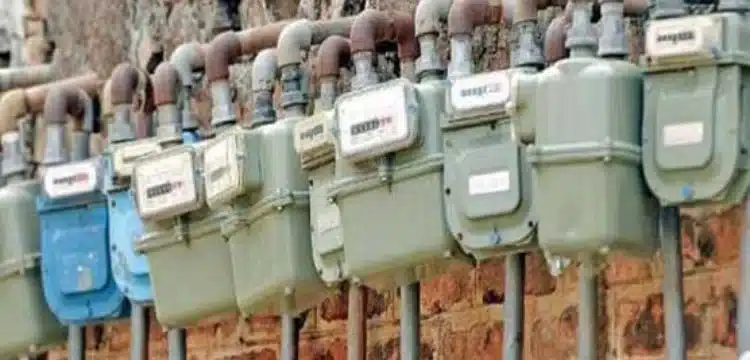[vc_row][vc_column][vc_column_text dp_text_size=”size-4″]Following a series of significant increases in power tariffs in Pakistan in recent months, the government is reportedly considering a substantial rise in the security fee for new power connections. The Power Division has purportedly submitted a proposal to the National Electric Power Regulatory Authority (Nepra) seeking to elevate the security fee for domestic connections from Rs1,220 to Rs18,000.
For consumers utilizing less than 10 kilowatts, the proposed rate is Rs20,000 per kilowatt. Applicants seeking a single-phase connection may be required to pay a security fee of Rs24,000 per connection. Additionally, the Power Division is advocating for an increase in the security fee for rural consumers to Rs7,800 per kilowatt, calculated at 1 percent of the property value for areas exceeding 10 marlas.
Read more: SNGPL Recommences Installation Of New Gas Connections
The revised calculations are reportedly based on an estimated amount equivalent to three months of billing. If Nepra endorses the proposed fee hike, new demand notices will be issued in accordance with the revised formula.
The intended escalation in security fees is anticipated to impact not only domestic consumers but also new commercial and small industrial consumers. The proposed increase for these categories is from Rs2,010 per kilowatt to Rs57,000 per kilowatt.
Other consumer categories to be affected by the proposed security fee hike encompass streetlights, large industries, and housing societies.
The initiative to heighten security fees for new electricity connections coincides with discussions about augmenting power consumption by adding new consumers to alleviate capacity charges/payments to power producers. However, critics argue that the move, instead of promoting electricity consumption, may deter individuals from applying for new connections amid persisting inflation and a purchasing power crisis.
If approved, the proposal could potentially shift the focus towards installing more solar panels, offering a solution for cheaper energy and addressing the climate crisis.[/vc_column_text][/vc_column][/vc_row]











